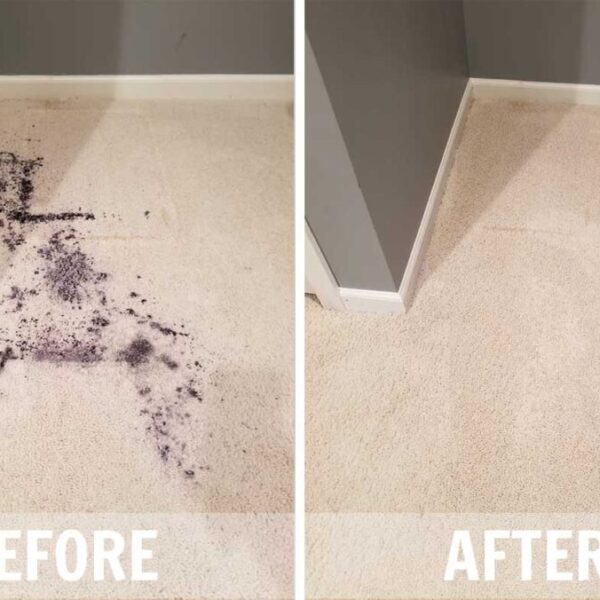
Buying a home is an exciting milestone, but it comes with its own set of challenges, especially in a competitive market like Long Island. While the allure of picturesque neighborhoods, reputable schools, and a thriving community can be compelling, prospective buyers need to navigate this journey with caution. Here, we delve into the common pitfalls Long Island home buyers should avoid to ensure a smooth and successful home-buying experience.
1. Not Getting Pre-Approved for a Mortgage
One of the biggest mistakes buyers make is not getting pre-approved for a mortgage before starting their home search. Pre-approval provides a clear picture of what you can afford, strengthens your offer, and shows sellers that you are a serious buyer. Without pre-approval, you risk falling in love with a home that is out of your budget or losing out to other buyers who are already pre-approved.
2. Overlooking the Total Cost of Homeownership
Many buyers focus solely on the purchase price and mortgage payments, neglecting the full spectrum of homeownership costs. Property taxes, homeowners insurance, maintenance, utilities, and potential homeowner association (HOA) fees can significantly impact your budget. Long Island, known for its relatively high property taxes, requires buyers to thoroughly understand these additional costs to avoid financial strain.
3. Ignoring Market Trends and Neighborhood Research
Each neighborhood in Long Island has its own unique characteristics and market dynamics. Buyers often make the mistake of not researching market trends or understanding the nuances of different areas. Factors such as school ratings, crime rates, future development plans, and proximity to amenities can greatly influence property values and your overall satisfaction with the purchase. Take the time to visit neighborhoods at different times of the day, talk to residents, and consult with local real estate experts.
4. Skipping the Home Inspection
A thorough home inspection is crucial to uncover potential issues that may not be visible during a casual viewing. Structural problems, outdated systems, pest infestations, and other hidden defects can lead to costly repairs down the line. Despite the competitive market, never waive your right to a home inspection. It provides leverage for negotiations and ensures you are making an informed decision.
5. Falling for Aesthetic Appeal Over Structural Integrity
It’s easy to be swayed by beautifully staged homes with modern finishes and stylish decor. However, buyers should prioritize structural integrity over aesthetics. Cosmetic changes are relatively inexpensive compared to fixing foundational issues, roof repairs, or outdated electrical systems. Ensure that the home’s bones are solid before getting caught up in its superficial appeal.
6. Underestimating Closing Costs
Closing costs can add up to 2-5% of the home’s purchase price and include fees for appraisal, title insurance, attorney services, and more. Many buyers, especially first-timers, are caught off guard by these expenses. It’s essential to factor in closing costs from the beginning to avoid last-minute financial surprises that could jeopardize the transaction.
7. Making Emotional Decisions
Buying a home is an emotional journey, but making decisions based on emotions rather than logic can lead to regret. Falling in love with a property might cause you to overlook critical flaws or stretch your budget beyond what is comfortable. Maintain a level-headed approach, set clear criteria, and be willing to walk away if a home doesn’t meet your needs or financial parameters.
8. Not Considering Future Resale Value
While your immediate needs are paramount, it’s wise to consider the resale value of the property. Factors such as location, school district, and neighborhood development can influence how well the property will hold its value over time. Even if you plan to stay long-term, unforeseen circumstances could necessitate selling the home sooner than expected.
9. Failing to Review the Homeowners Association (HOA) Rules
If you are purchasing a home within an HOA community, thoroughly review the association’s rules and regulations. Some HOAs have strict guidelines on property modifications, landscaping, and even the color of your home. Understanding these rules upfront can prevent future conflicts and ensure that you are comfortable with the community’s expectations.
10. Neglecting to Hire a Real Estate Agent
While it might be tempting to navigate the home-buying process on your own to save on commission fees, hiring an experienced real estate agent is invaluable. A local agent brings expertise, negotiates on your behalf, and helps you avoid common pitfalls. Their knowledge of the Long Island market can be the difference between a successful transaction and a stressful experience.
Conclusion
The Long Island real estate market offers a wealth of opportunities for prospective homebuyers, but it’s crucial to proceed with caution and awareness. By avoiding these common pitfalls, you can make informed decisions, safeguard your investment, and ultimately find a home that meets your needs and aspirations. Happy house hunting.










